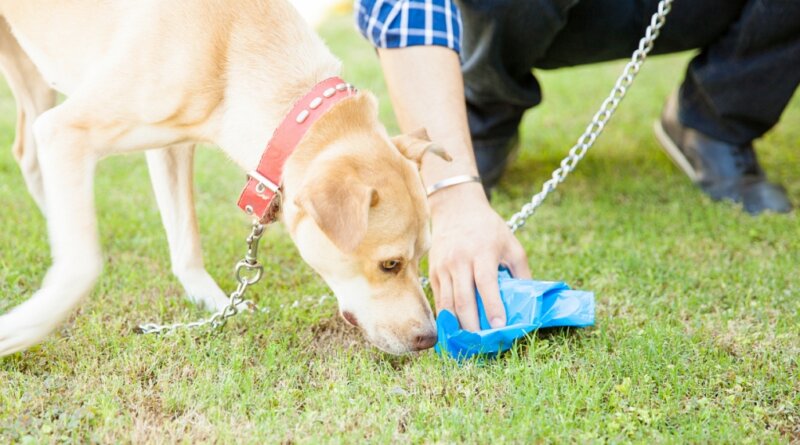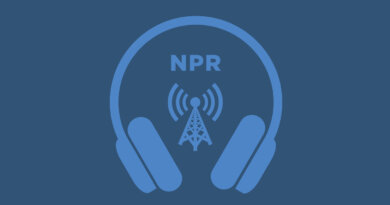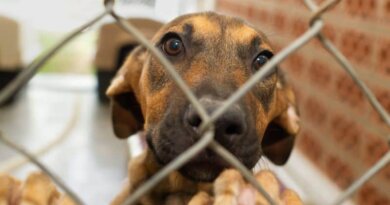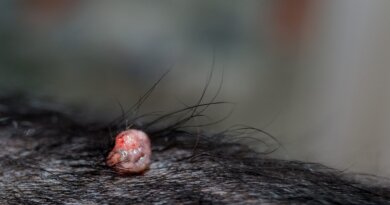How To Make A Dog Stop Eating Poop – Top Dog Tips
Some dogs eat poop. It’s disgusting, but it’s a fact. If your dog is a poop eater, there is no doubt that you want to find a way to stop this habit as soon as possible. It may not be as easy as you think, but you can learn how to make a dog stop eating poop.
Coprophagia is the technical term for a dog that eats feces. A fascinating study performed in 2012 by Dr. Benjamin Hart revealed some disgusting, yet interesting information about coprophagia in dogs. For example:
- female dogs are most likely to eat poop;
- intact males are least likely to eat poop;
- 92% of poop eaters prefer fresh stool that is 1-2 days old;
- and dogs that steal food from the table are more apt to be poop eaters.
It is common for young puppies to eat poop – both their own and that of other animals. Most puppies will outgrow this gross habit. However, if your dog seems pretty set on eating poop, thankfully, there are a number of ways to discourage this behavior.
How To Make A Dog Stop Eating Poop
1. Don’t Reward Bad Behavior
The best tip I can offer when learning how to make a dog stop eating poop is that you cannot reward the dog with any kind of attention, positive or negative. This is the biggest mistake pet owners make when trying to break this nasty habit.
Waving your arms or chasing the dog around may seem like a game to him. While you see it as a way to get him away from the stool, the dog will see it as entertaining play and something he will try to do again in the future.
Instead, use redirection to distract your dog from what he’s doing and get him focused on something other than feces.
2. Use Redirection
Instead of waving your arms or chasing your dog away, redirection will help reinforce that eating poop is unwanted behavior. When you spot the dog about to eat feces, clap your hands to divert his attention.
Clap once to redirect the attention, and then try to move your pooch along to another area. If he goes back to the stool pile after the first clap, then clap again and continue trying to redirect him in a calm manner.
3. Adjust Your Dog’s Diet
A poor diet is one of the leading causes of coprophagia in dogs. Canines seeking additional nutrition may look for it in stool. Undigested nutrients are passed through canine’s feces, which may attract a malnutritioned dog.
If your dog is eating poop and you’re feeding him a low quality diet, you should consult your veterinarian for advice on what dietary changes you should make. A vet will evaluate your pet’s nutrition to help you assess any unmet needs.
You will also need to transition your dog to a higher quality diet that will meet his unique nutritional needs. This will decrease his urge to seek nutrients from other sources like feces.
ALSO: 7 Best Dog Probiotic Supplements
4. Relieve Boredom
Boredom can also lead to a dog’s coprophagia behavior. For example, if your dog is left unattended outside he will look for things to do to entertain himself. As gross as it may seem to you, searching for a snack in the yard is mentally engaging for your canine companion.
To prevent this, relieve boredom in your dog. At the very least, go outside and play fetch, tug-of-war or just walk around with your pet. Take your dog for a long walk to burn his energy. Play some games, get out a new toy or take your dog for an adventure in your neighborhood.
5. Check for Underlying Health Issues
In very rare cases, there may be an underlying health condition causing your dog to eat poop. Certain health problems that cause a general increase in a dog’s appetite, and some diseases of the dog’s pancreas and small intestine can cause them to each poop.
If your dog begins eating feces out of the blue, you should consult your veterinarian right away. This is especially true for older dogs, since eating poop is much less common in adults than it is in puppies.
6. Use a Leash
It may be that your dog is exceptionally stubborn. If so, you will need to walk him on a leash at all times.
If he goes near a pile of poop, redirect him and reward him for leaving the poop alone. Use a single command, such as “No” or “Leave it”, and then lead your dog away from the stool.
If all else fails, enlist the help of a trained professional. Call dog trainers in your area and ask if they have experience dealing with dogs with coprophagia (most of them do). Be sure to choose a trainer that has worked with poo eating dogs before.
READ NEXT: Dog Poop Color Chart – What It All Means






